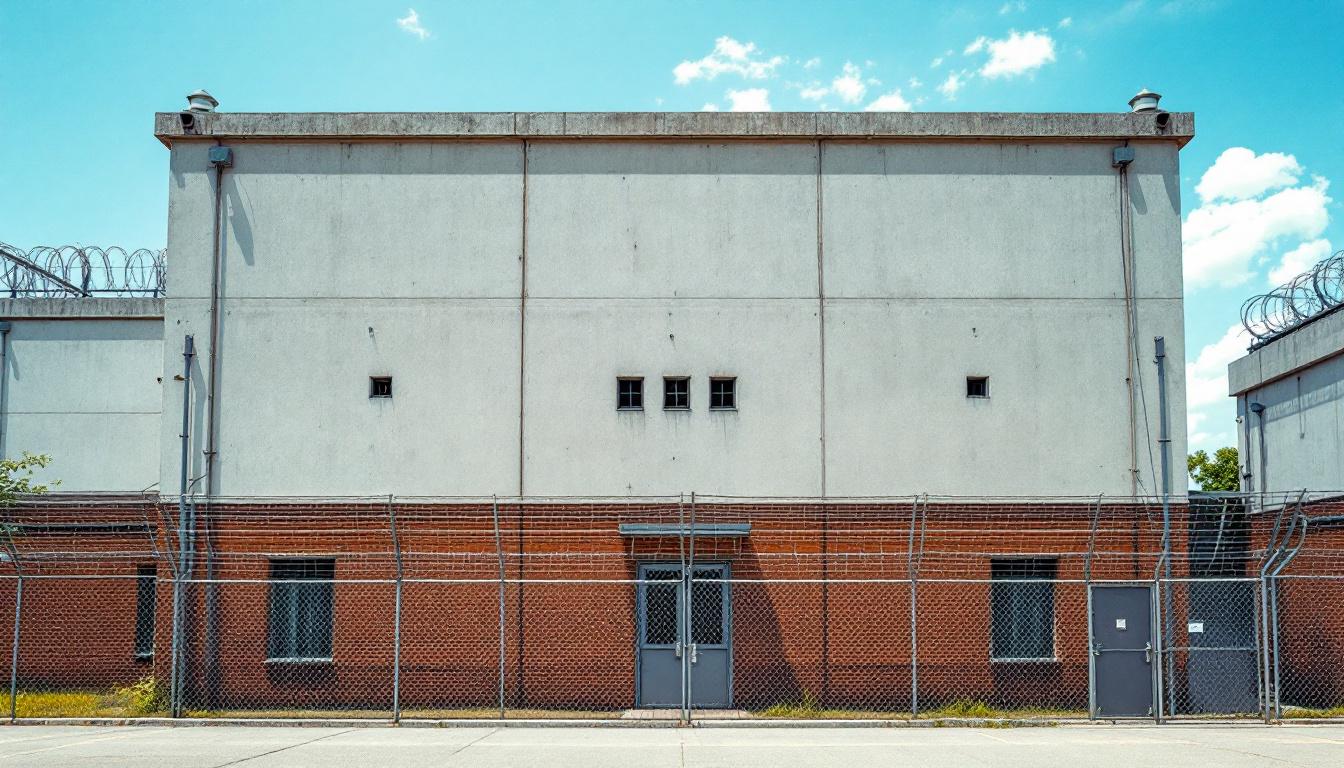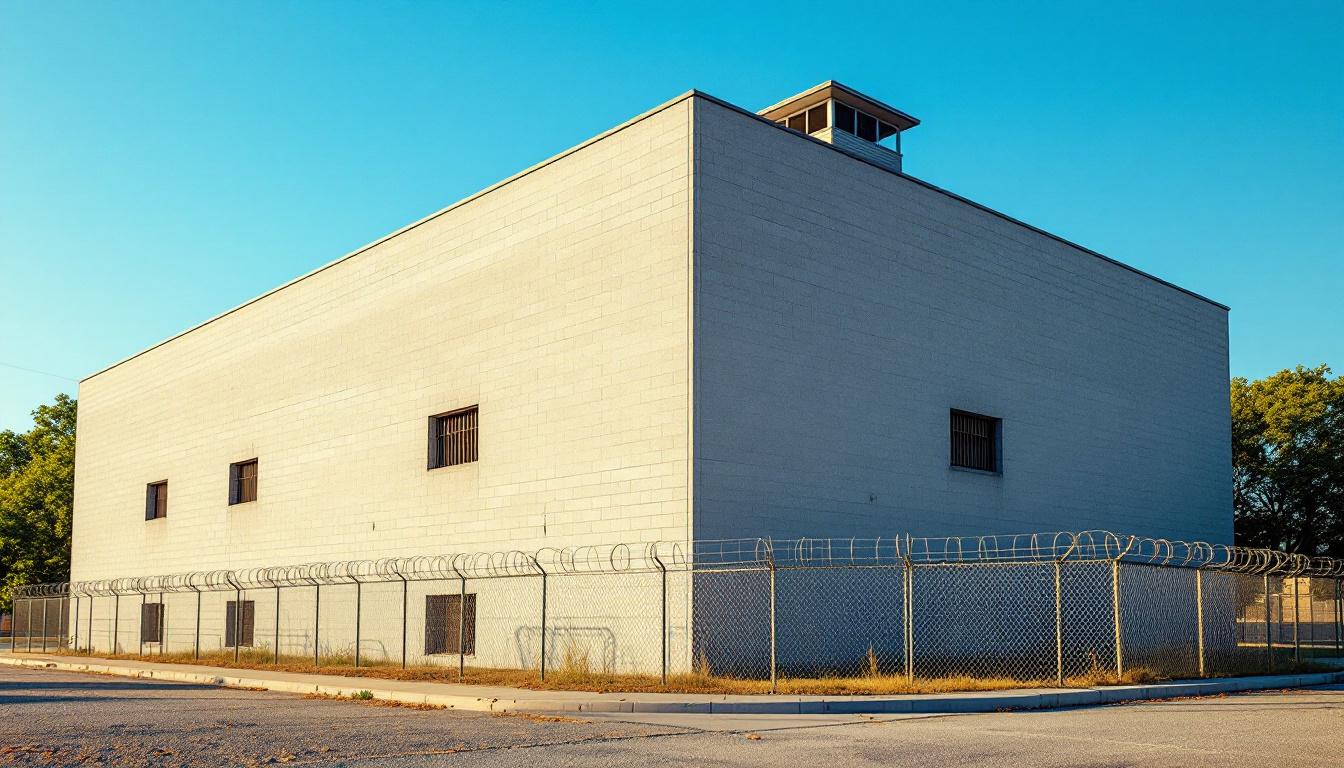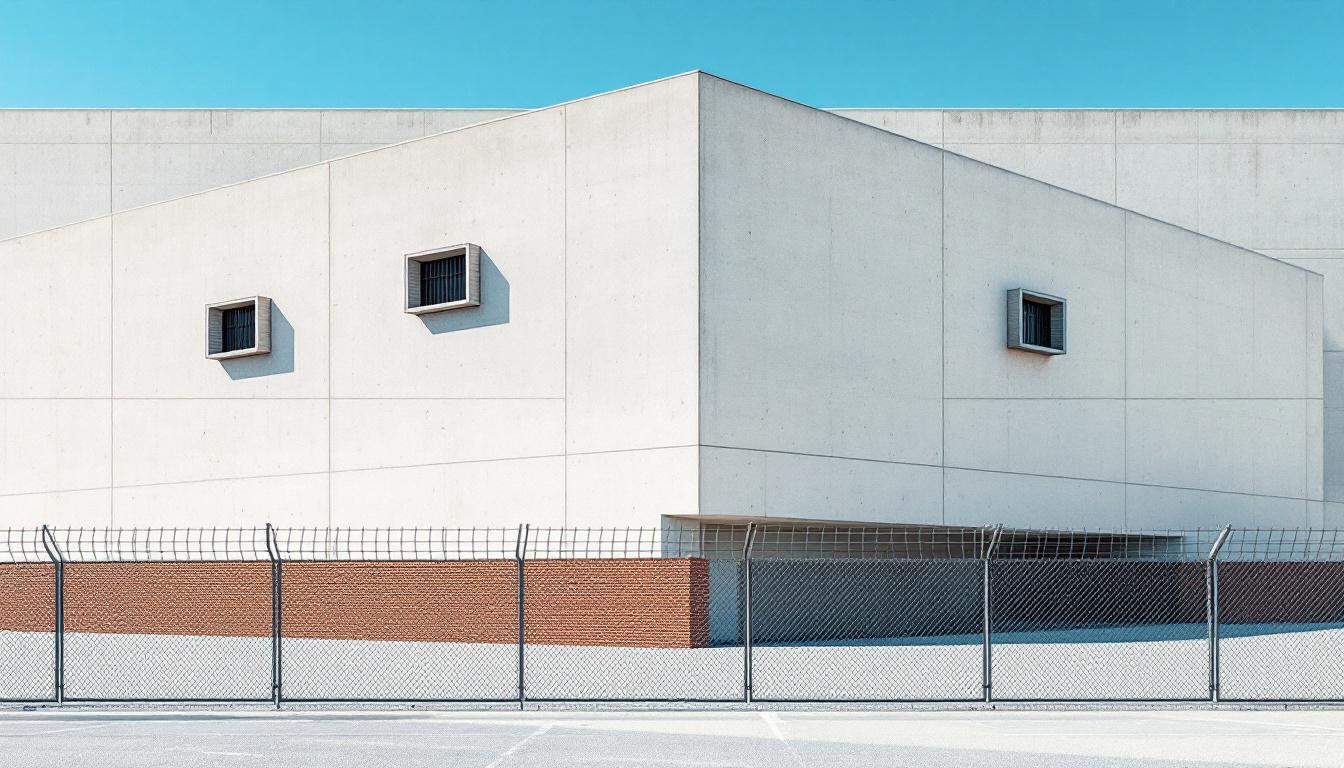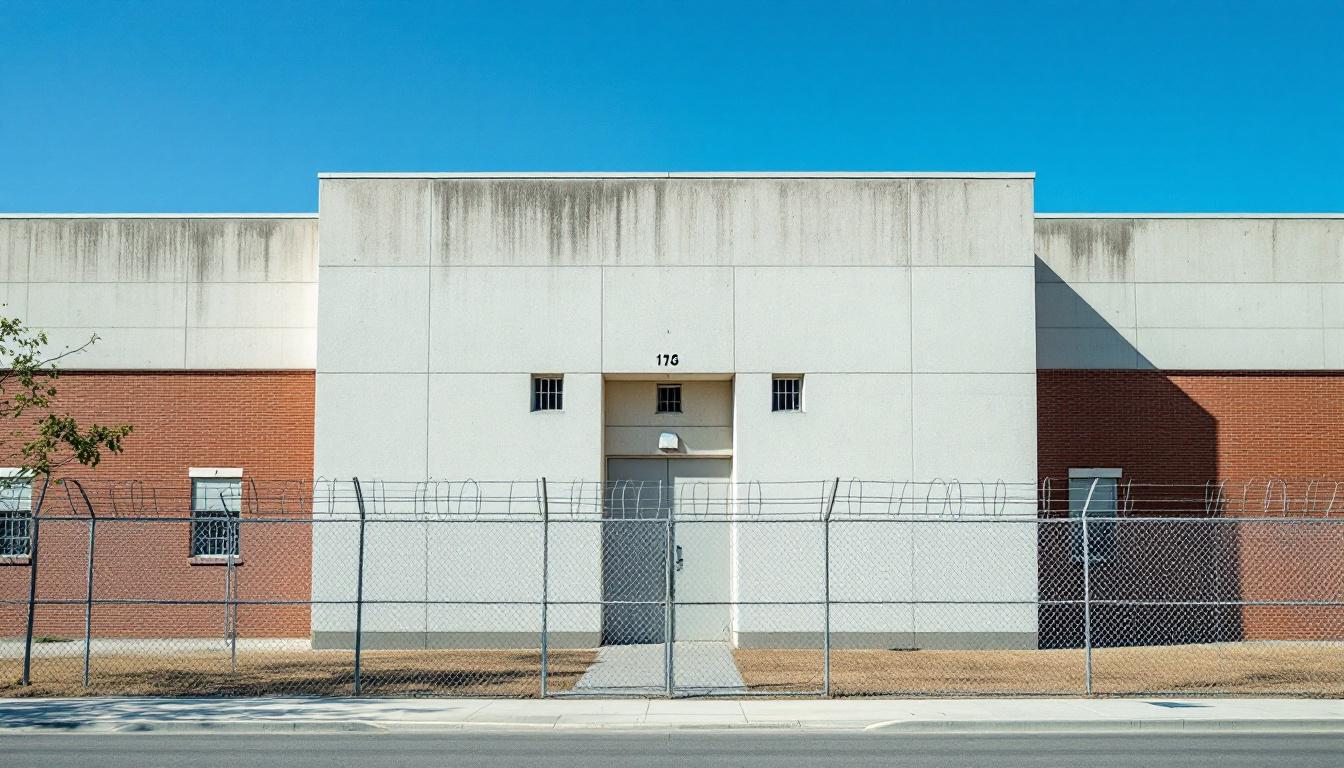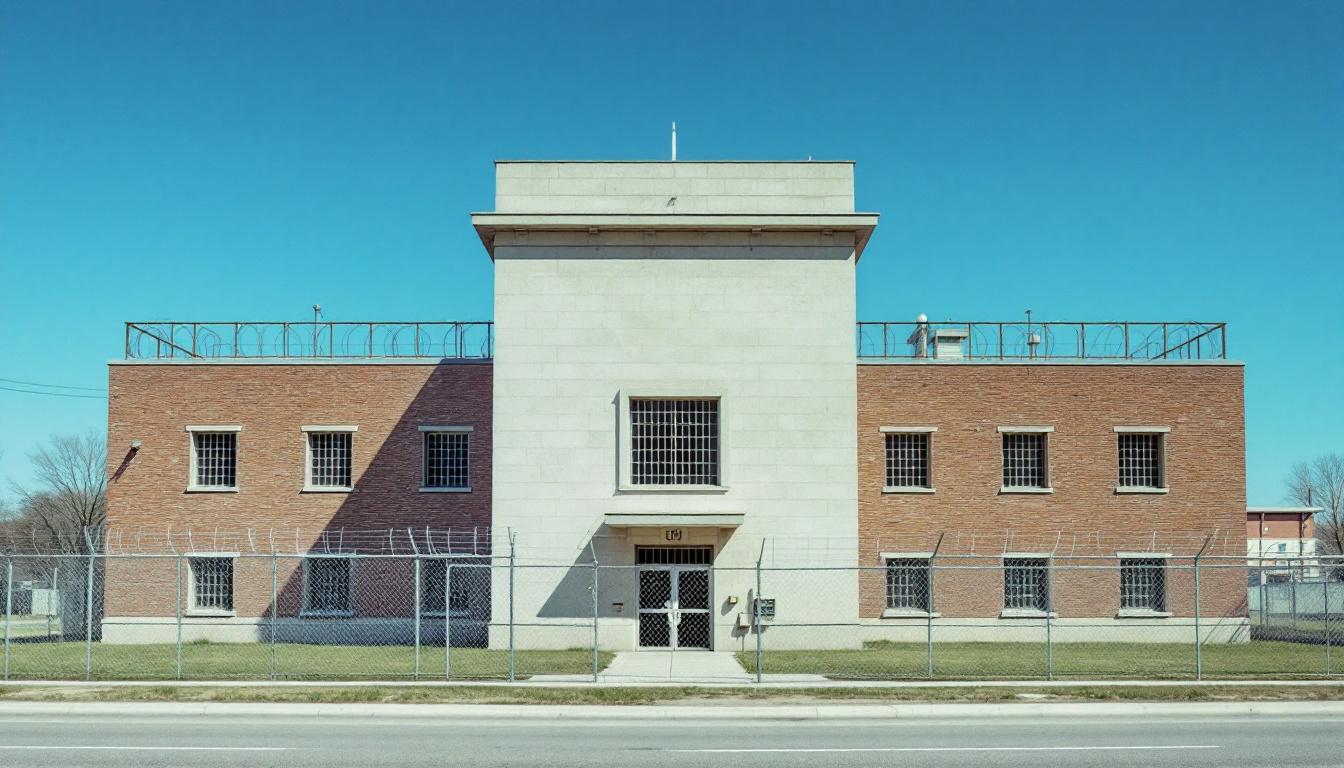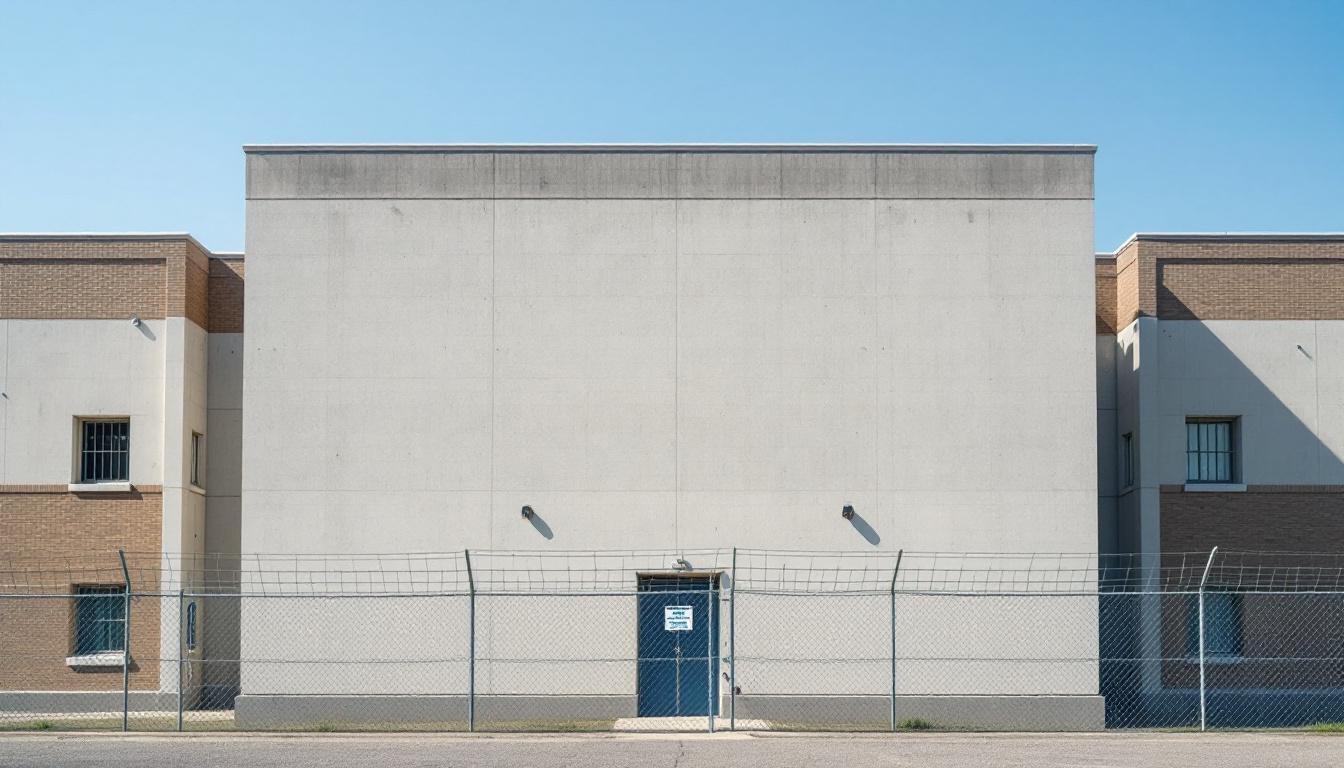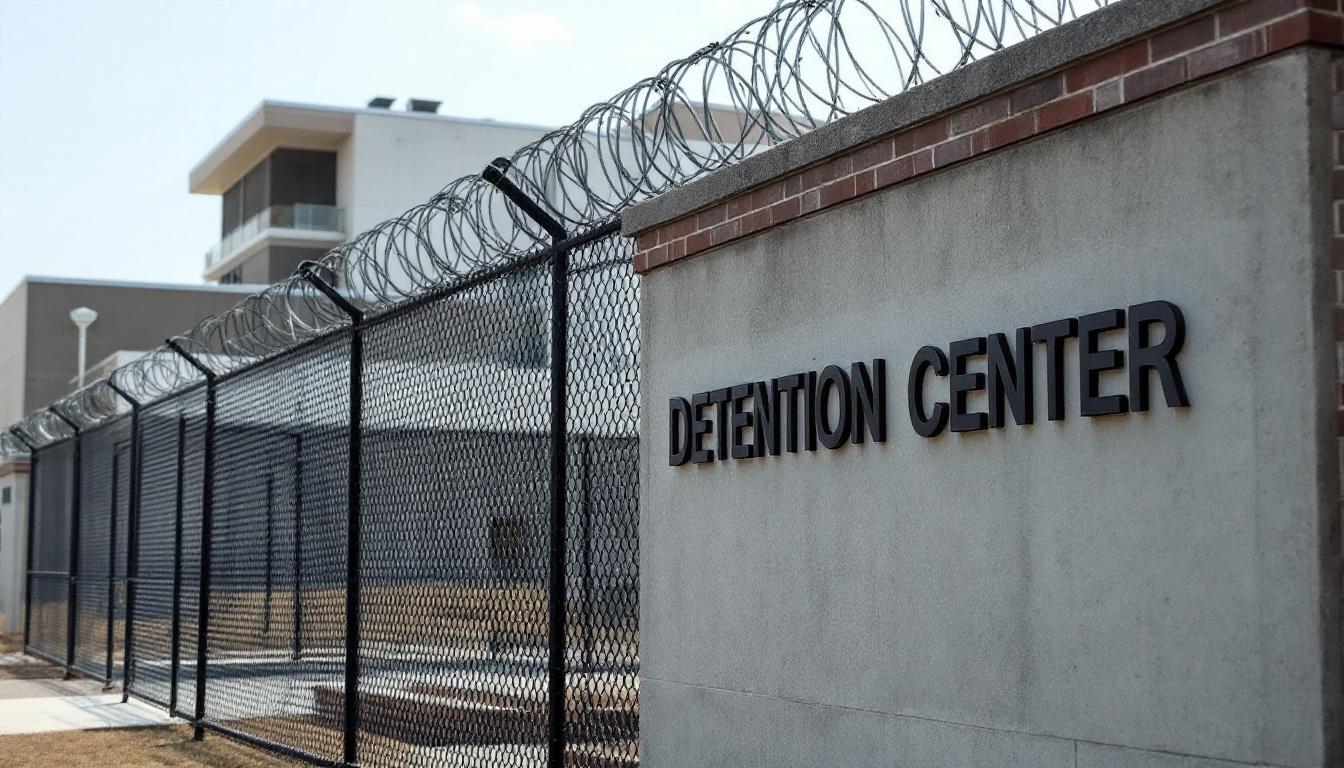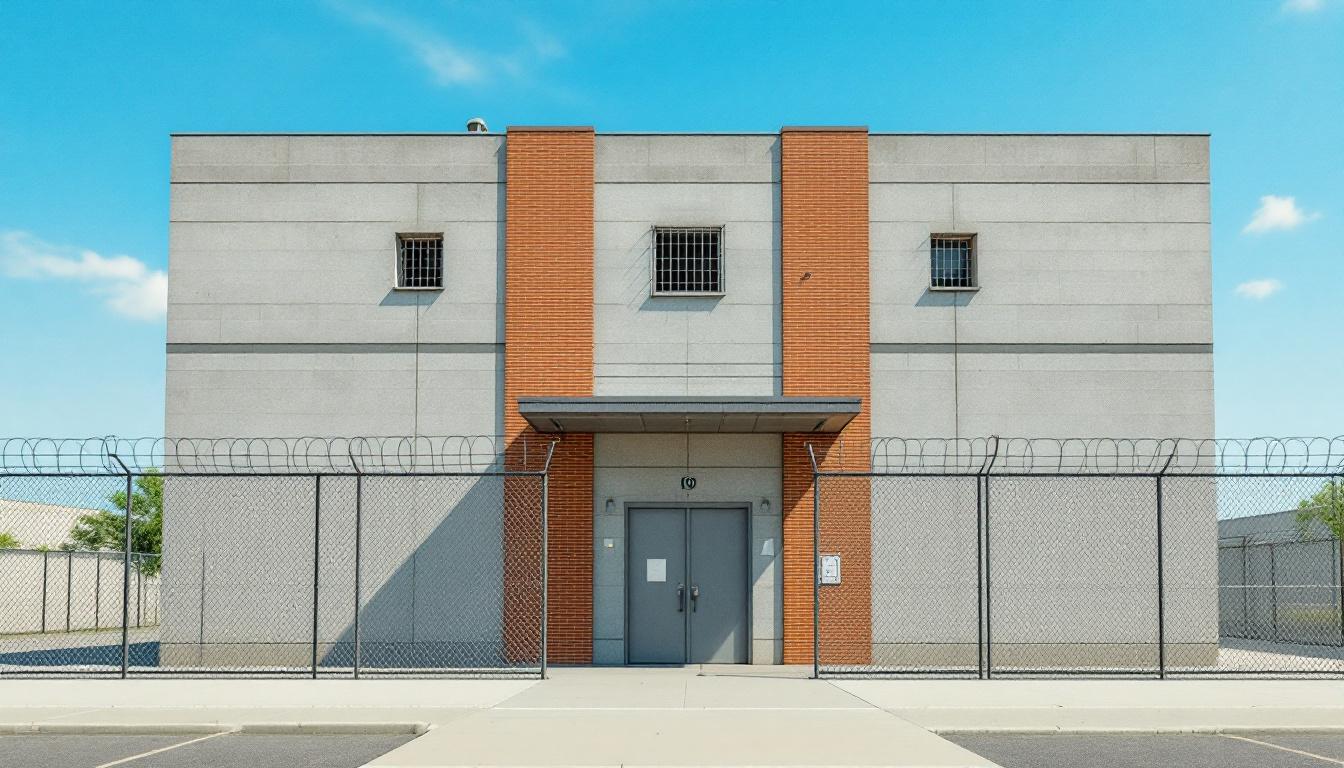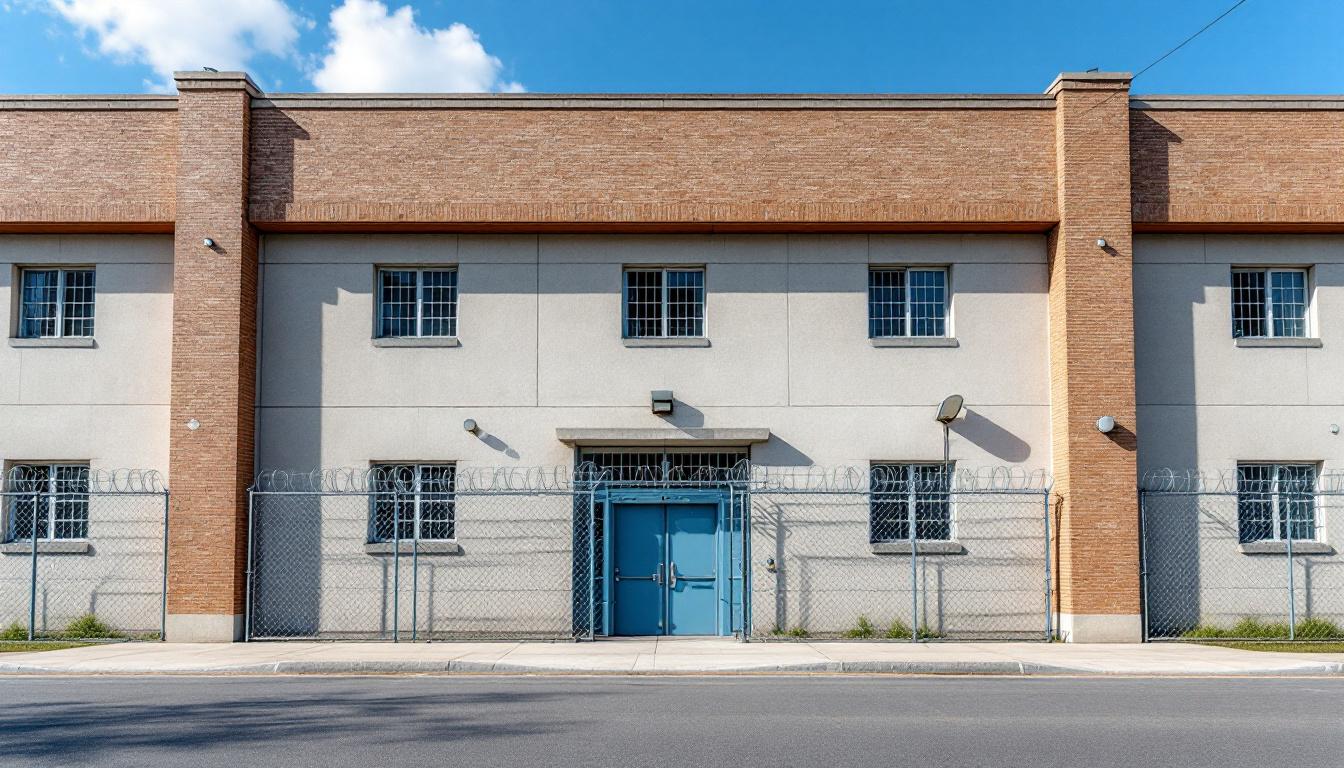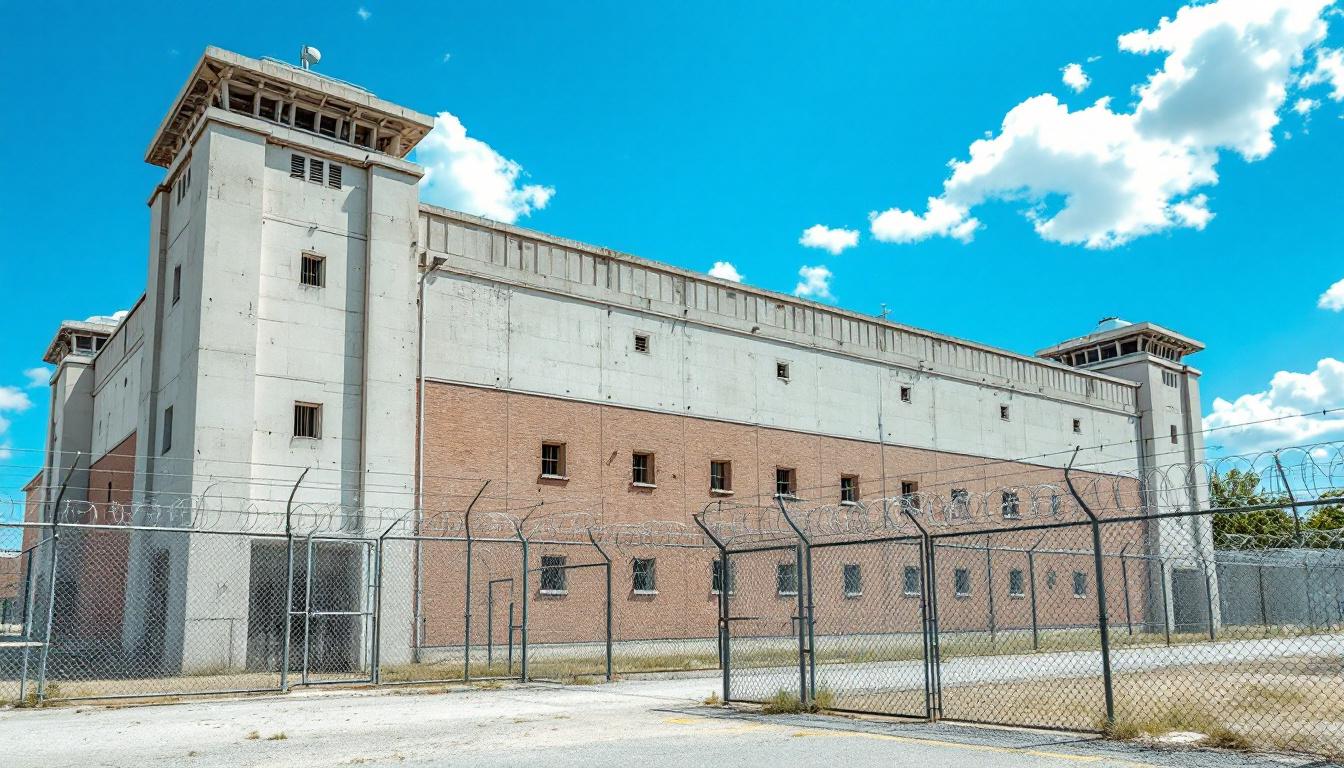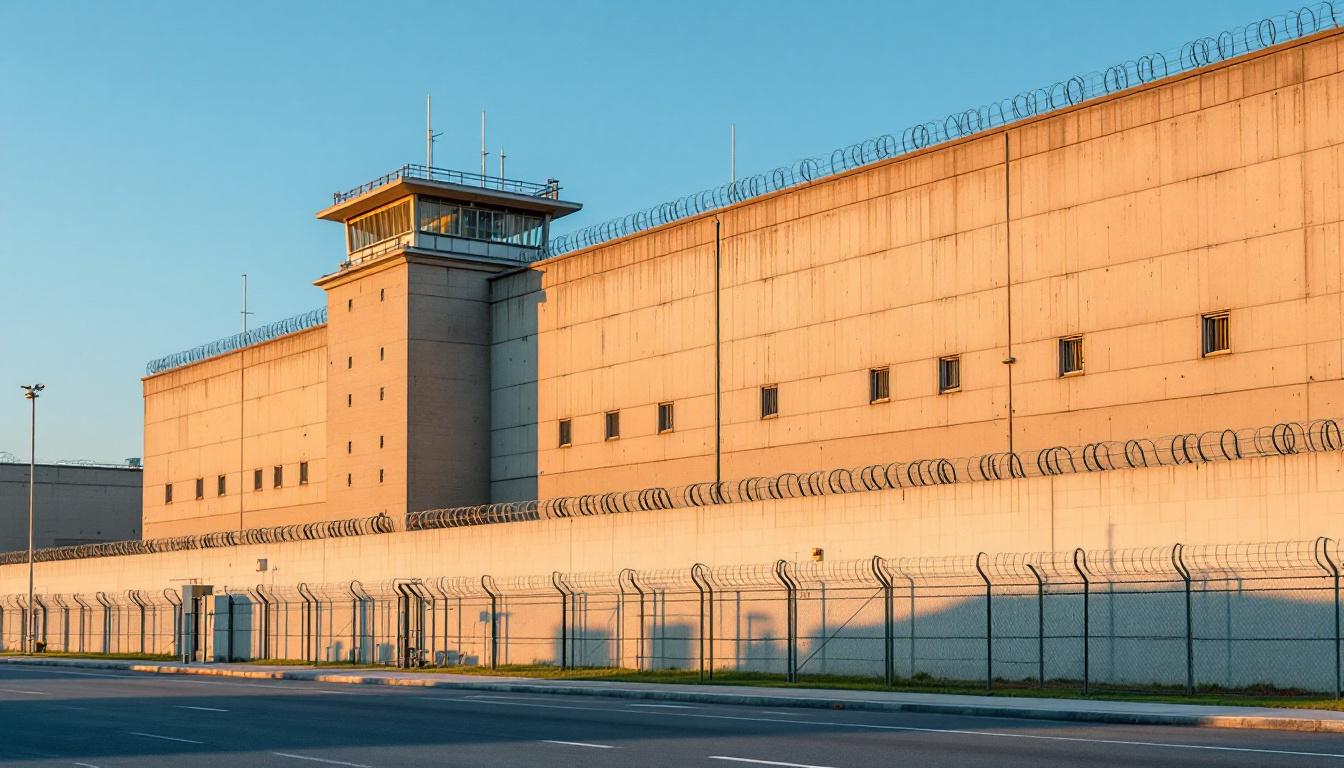
Quick Navigation
How to contact an inmate at FCI Butner Medium II
This comprehensive guide will walk you through how to connect with an inmate at FCI Butner Medium II. Follow the steps below to find an inmate and send letters and photos:
- Search for the inmate using our search tool below
- Create your account or log in to Penmate
- Write your message (up to 6,000 characters)
- Send instantly - inmates receive printed copies daily
Find an Inmate
Search for an inmate to start communicating today
Tip: You can search by first name, last name, or inmate ID number
To contact a person at FCI Butner Medium II start by searching for the person on the official facility website. Perform a search by following these steps:
- Step 1: Enter their first name and last name into the search form and click "Search"
- Step 2: Locate their inmate record
- Step 3: Write down their Inmate ID and any housing information provided
Important! Be sure to enter the person's full name. Nicknames should not be used.
How to Send Messages to Inmates

You can use your phone or computer to send emails, letters, and photos to an inmate. Messages are sent electronically to inmate tablets or kiosks at the facility. If you would like to send a message, start by searching for an inmate at FCI Butner Medium II.
Sending Photos and Postcards

A great way to send love and support to a loved one at FCI Butner Medium II is to send photos and postcards. It only takes a few minutes to send photos from your phone and it makes a huge difference. You can also mail postcards with words of support and inspiration, or design your own postcard for special moments like birthdays and holidays.
Important! Be sure not to send any explicit photos or they may not be approved by the facility. You can also use a photo printing app like Penmate to make sure your photos are printed at the correct size (4x6 or 3x5) and are mailed according to the rules and regulations of FCI Butner Medium II.
Frequently asked questions about FCI Butner Medium II
-
How long does it take to deliver a message?
If you're sending an email message your letter is usually delivered within 24-48 hours. For messages sent via mail you should expect delivery within 3-7 days. All messages will need be approved by FCI Butner Medium II.
-
How much does it cost to send a message to FCI Butner Medium II?
You can send a message free using your phone or mail a message via USPS for the price of a $0.60 stamp and envelope. You can also purchase credits or e-stamps from services starting at $1.99.
-
What services can I use to contact an inmate at FCI Butner Medium II?
Penmate
You can use Penmate to send letters and photos to an inmate from your phone. It's an easy way to stay in touch during your loved one's incarceration. Use the inmate locator to find an inmate's location and contact information, then you can send messages within a few minutes.
Securus messaging
Securus may be another option for communicating with an inmate at FCI Butner Medium II. You can create a friends and family account and purchase credits to send messages. All messages will be reviewed and must be approved by the facility.
JPay
Some county jails and state prisons may support sending messages with JPay. You must register an account with the system, find your loved one, and purchase stamps to send messages. For some locations you can also attach photos.
Smart Jail Mail
You may also check if Smart Jail Mail is available at FCI Butner Medium II. Smart Jail Mail is operated by Smart Communications and has contracted with some state and county jails. After purchasing credits, your messages and photos are sent to the facility, printed out, and then handed out to your loved one.
-
What is the mailing address of FCI Butner Medium II?
Mailing address:
FCI Butner Medium II
2 Old 75 Hwy
Butner, NC 27509
Phone: (919) 575-8000Business hours:
- Monday: 8:30 AM – 3:00 PM
- Tuesday: 8:30 AM – 3:00 PM
- Wednesday: 8:30 AM – 3:00 PM
- Thursday: 8:30 AM – 3:00 PM
- Friday: 8:30 AM – 3:00 PM
- Saturday: 8:30 AM – 3:00 PM
- Sunday: Closed
-
What are the visiting hours at FCI Butner Medium II?
Visiting hours at FCI Butner Medium II vary by housing unit and security level. Generally, visits are scheduled on weekends and holidays, with some facilities offering weekday visits. Contact the facility directly at (919) 575-8000 or check their website for the current visiting schedule. Visits typically last 30-60 minutes and must be scheduled in advance.
-
What items are prohibited when sending mail to FCI Butner Medium II?
Prohibited items typically include: cash, personal checks, stamps, stickers, glitter, glue, tape, staples, paperclips, polaroid photos, musical or blank greeting cards, hardcover books, magazines with staples, and any items containing metal or electronics. Only send letters on plain white paper with blue or black ink. Photos must be printed on regular photo paper (no Polaroids). Always check with FCI Butner Medium II for their specific mail policies.
-
How do I send money to an inmate at FCI Butner Medium II?
You can send money to an inmate at FCI Butner Medium II through several methods: 1) Online using JPay, Access Corrections, or the facility's approved vendor, 2) Money orders mailed directly to the facility with the inmate's name and ID number, 3) Kiosks located in the facility lobby, or 4) Over the phone using a credit or debit card. Fees vary by method, typically ranging from $2.95 to $11.95 per transaction.
-
Can I schedule a video visit with an inmate at FCI Butner Medium II?
Many facilities now offer video visitation as an alternative to in-person visits. At FCI Butner Medium II, video visits may be available through services like Penmate, Securus Video Connect, GTL, or ICSolutions. Video visits typically cost $10-20 for 20-30 minutes and must be scheduled in advance. You'll need a computer or smartphone with a camera and reliable internet connection. Contact the facility for their specific video visitation policies and approved vendors.
-
What identification do I need to visit an inmate at FCI Butner Medium II?
All visitors must present valid government-issued photo identification such as a driver's license, state ID, passport, or military ID. Minors must be accompanied by a parent or legal guardian who can provide the minor's birth certificate. Some facilities require visitors to be on the inmate's approved visitation list, which may require a background check. Contact FCI Butner Medium II for specific ID requirements and visitor approval procedures.
-
How can I find out an inmate's release date?
To find an inmate's release date at FCI Butner Medium II, you can: 1) Use the online inmate search tool if available, 2) Call the facility's records department, 3) Contact the inmate's case manager or counselor, or 4) Have the inmate provide this information during a call or visit. For privacy reasons, some facilities only release this information to immediate family members.
Facility Overview
Official Website
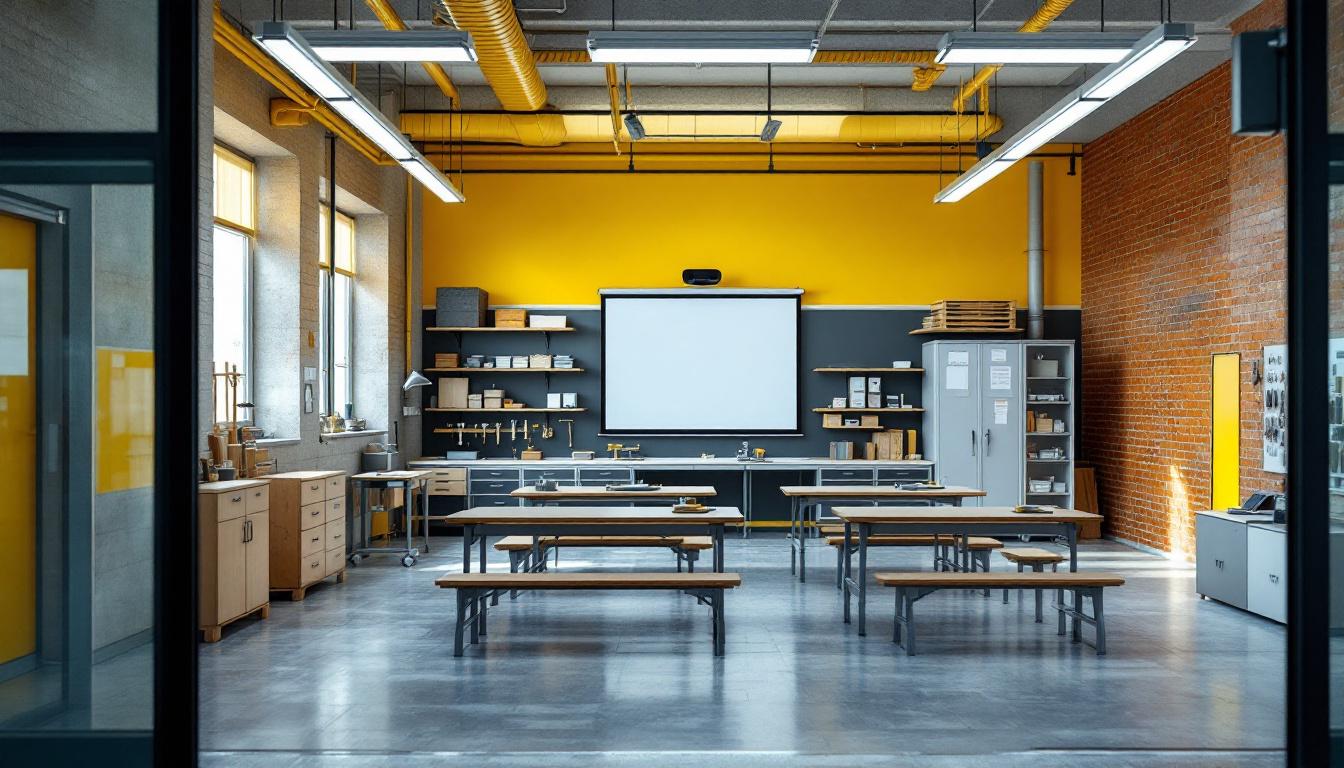
About FCI Butner Medium II
Comprehensive rehabilitation programming and community-centered support services form the foundation of operations at FCI BUTNER MEDIUM II, where individuals receive access to educational opportunities, vocational training, and behavioral health resources designed to facilitate successful reintegration. Located in Butner, North Carolina, this NC correctional facility operates within the federal system to provide structured programming that typically emphasizes skill development, personal accountability, and preparation for community reentry through various evidence-based approaches.
The facility's systemic role extends beyond traditional incarceration to encompass meaningful partnerships with community resources throughout the region, often facilitating connections between individuals services and local organizations that may continue supporting participants after release. Educational programming generally includes literacy development, GED preparation, and vocational certifications that align with employment opportunities commonly available in North Carolina's diverse economic landscape. Mental health services, substance abuse treatment, and life skills programming typically complement these academic and vocational offerings to address the comprehensive needs of the population served.
Through its integration with broader community networks, FCI BUTNER MEDIUM II generally maintains collaborative relationships that may include faith-based organizations, educational institutions, and workforce development agencies throughout the Butner area and surrounding communities. These partnerships often enhance the facility's capacity to provide relevant programming while establishing continuity of care that extends into post-release planning, reflecting the correctional facility's commitment to supporting long-term positive outcomes for individuals and their families within North Carolina's rehabilitation-focused approach to corrections.
Programs & Services
The breadth of developmental opportunities at FCI Butner Medium II reflects a comprehensive approach to individual growth and preparation for successful community reintegration. This facility typically emphasizes creating pathways that address various aspects of personal development, from foundational skills to specialized training. The philosophy centers on providing individuals with multiple avenues for self-improvement, recognizing that meaningful change often requires addressing educational gaps, developing practical skills, and building stronger decision-making capabilities.
Educational services form a cornerstone of the opportunities available, with adult basic education and GED preparation programs designed to help individuals achieve fundamental academic milestones. These educational foundations often serve as stepping stones to more advanced learning opportunities. Additionally, vocational training programs may offer hands-on experience in various trades and technical fields, providing individuals with marketable skills that can support employment upon release. The combination of academic and practical training creates a well-rounded educational framework that addresses both immediate learning needs and long-term career preparation.
Support services and therapeutic opportunities complement the educational offerings through specialized programming focused on personal development and behavioral change. Substance abuse programs typically provide structured intervention and support for individuals working to overcome addiction challenges. Decision-making skills training often helps participants develop critical thinking abilities and problem-solving strategies essential for successful community living. The facility may also offer practical opportunities such as landscaping programs, which combine skill development with meaningful work experience while contributing to facility maintenance and beautification efforts.
Daily Life & Visitation
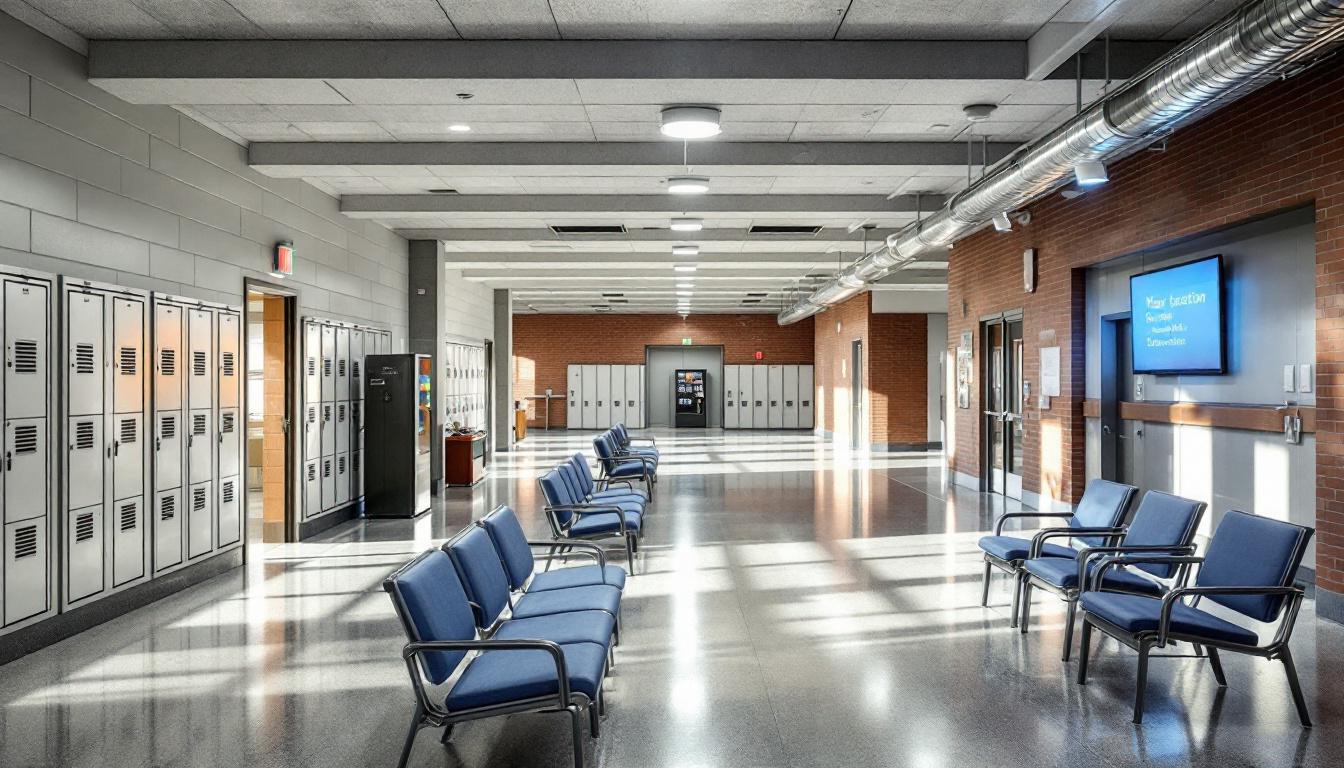
The sound of morning announcements echoes through housing units as individuals at FCI Butner Medium II begin another structured day. At present, the facility actively maintains a routine that balances security requirements with opportunities for personal development and rehabilitation. Daily schedules typically include designated times for meals, work assignments, educational programs, and recreational activities, creating a framework that individuals generally follow throughout the week.
Housing accommodations usually consist of dormitory-style living arrangements or smaller housing units, where individuals may share living spaces with roommates. Personal property allowances typically include basic necessities and approved personal items that can be purchased through the commissary system. Meals are generally served in a central dining facility at scheduled times, offering balanced nutrition that meets federal dietary standards. While the environment maintains necessary security protocols, individuals often have access to common areas where they can interact with others during designated periods.
Additionally, the facility typically offers various programs designed to support rehabilitation and skill development. Work assignments may include food service, maintenance, landscaping, or administrative support roles that provide structure and potentially transferable skills. Recreation opportunities often include access to fitness facilities, outdoor areas, and organized sports activities. Family connections remain important through scheduled visitation periods and communication options such as phone calls and correspondence. While security considerations shape many aspects of daily life, these programs and services generally aim to support individuals in maintaining family relationships and preparing for eventual reintegration into their communities.
Ready to Connect?
Start communicating with your loved one today
Search for an Inmate
